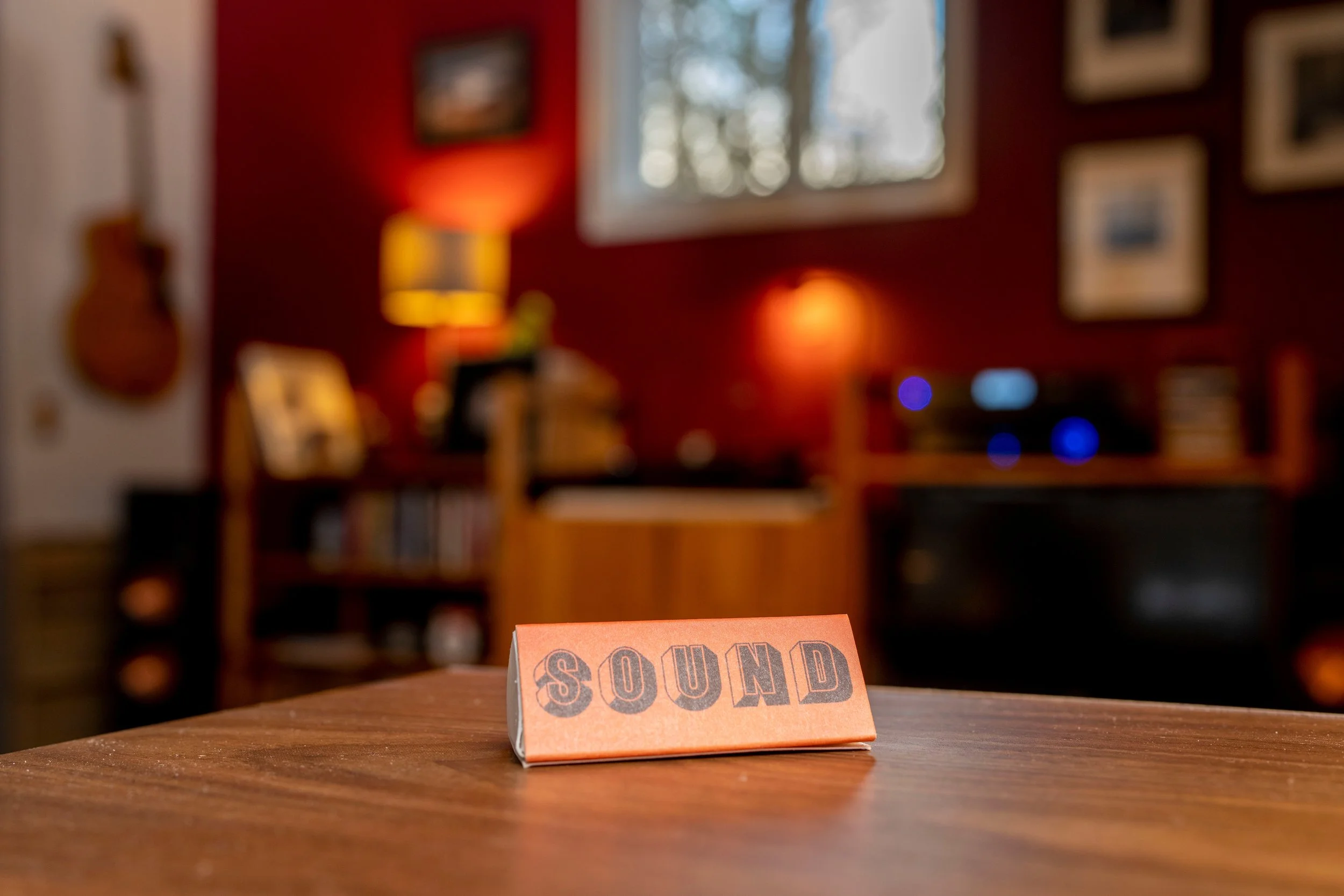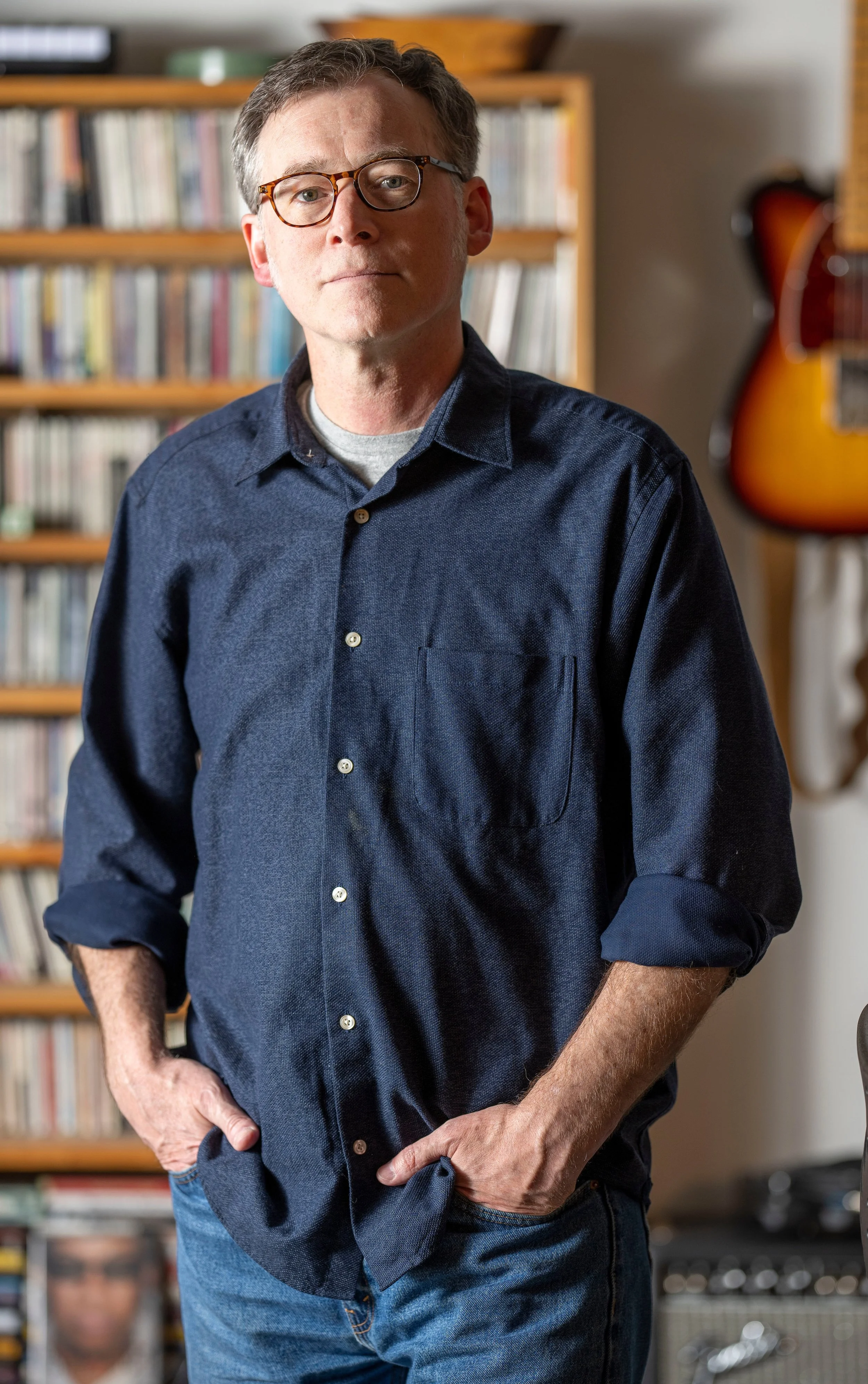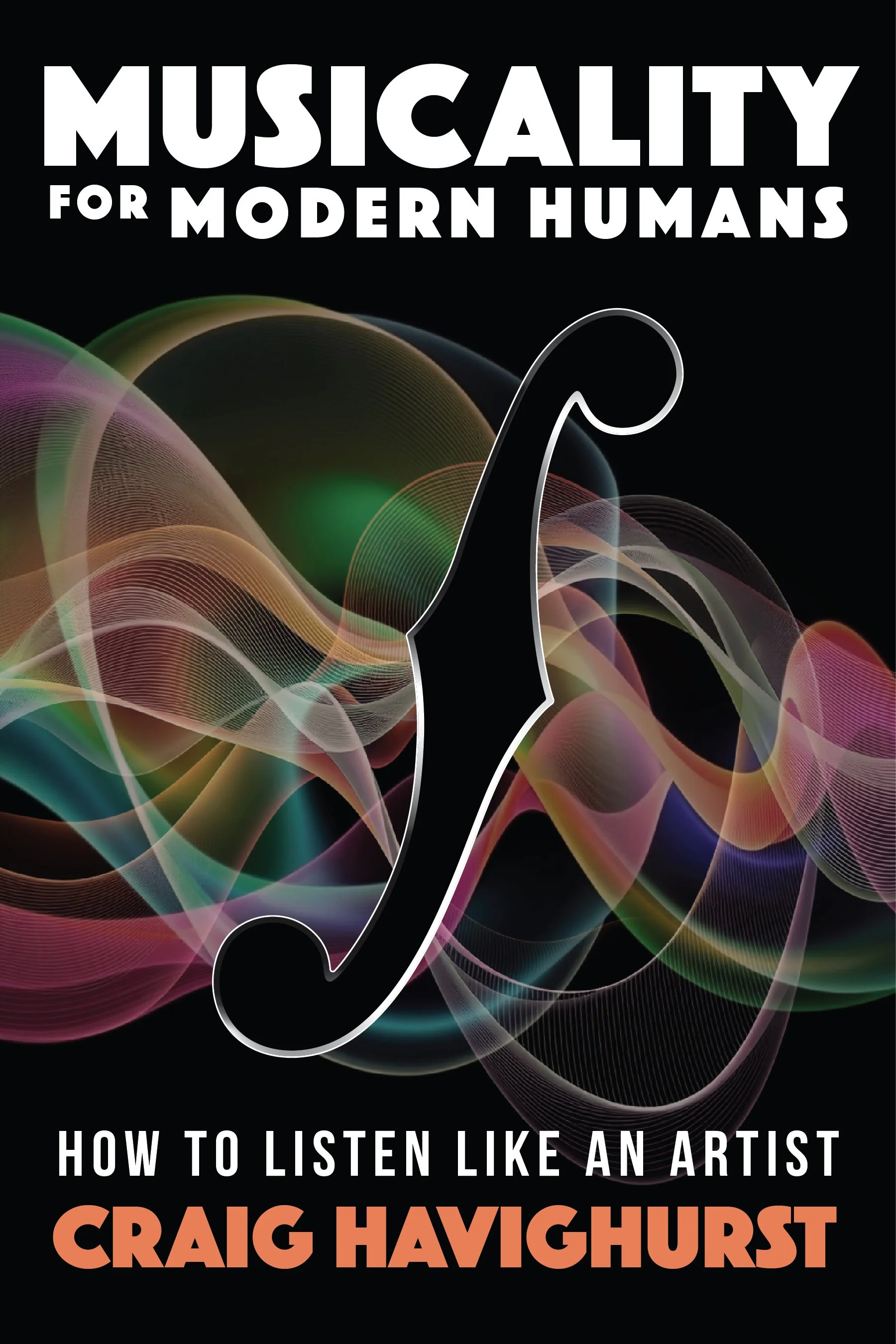
Musicality For Modern Humans
propels music appreciation into the 21st century.
It’s a self-enrichment book about the inner game of sound-based art for curious people who wish they could get deeper into music, including those who feel confused, overwhelmed, or intimidated. It’s for anyone looking to shake up their habits, get free of algorithms, and listen for more in music across all genres and time periods.
Musicality is about how composers and musicians manipulate tone, time, and timbre to reach us emotionally, intellectually, and spiritually. It’s also about how we respond and how alert we are to creativity and nuance. With perspective earned through 25 years reporting and a lifetime of playing, Nashville-based writer and broadcaster Craig Havighurst resets our expectations, simplifies music theory, champions today’s finest artists, and guides readers in a rethink of their musical diet.
Humbly honoring the educational lineage of Leonard Bernstein, Wynton Marsalis, and Billy Taylor, Havighurst is a new voice filling the void left after musical literacy was diminished in schools and the mainstream press. He guides us toward active, engaged listening with the goal of enhancing our well-being, our capacity for empathy, and our bonds to family and community. Readers of every level and background are invited to heed the words of Isaac Stern and make music "an active part of natural life" through discerning listening and a lifelong exploration of what moves us.

“an inviting, humane work that could recalibrate how readers hear the world” - Kirkus Reviews
"You don’t have to be a Michelin starred chef to know when you are eating a spectacular meal. And you don’t need a doctorate in music theory to enjoy Bach, Eric Dolphy, or Stravinsky. In this beautifully written book, Craig Havighurst reminds us that with an active ear, we all have the potential to participate in the flight of great music.” — Béla fleck
about craig
Craig Havighurst has been playing music since he was seven and trying to figure out how and why music works for almost as long. For more than 25 years, he’s been covering the art, tech, and commerce of music from Nashville, TN as a reporter, author, filmmaker, and broadcaster.
Since 2016, he’s been Editorial Director for WMOT Roots Radio 89.5 FM, where he hosts the weekly interview show The String, covering “culture, media and American music.”
He has reported for NPR, WPLN-FM, The Wall Street Journal, Acoustic Guitar, No Depression and other magazines. As staff music writer at the daily Tennessean from 2000-2004, he won the Charlie Lamb Award for Excellence In Country Music Journalism.
Craig was senior producer and co-host for Music City Roots, a nationally syndicated weekly live radio show and public TV series that ran from 2009 to 2018.
He is also the author of Air Castle of the South: WSM and the Making of Music City, which documented for the first time how Nashville was transformed by one of the nation’s greatest radio stations.
He’s the proud husband of Taylor and father of Lu.

MUSICALITY CORE CONCEPTS
We’re used to listening for words in music. They come naturally. When there aren’t words, what might we listen for? So many things: harmonic motion, melodic contours, instrument selection, layered parts. Listening for is a plan for active, responsive listening. Musicality suggests dozens of features to listen for in music when we hear something for the first time, or the tenth.
The core elements of music making can just about fit in these three drawers. Tone encompasses notes, melody, harmony, chords, intervals, and dissonance. Time is about rhythm, or its absence, and manifesting sustained attention. Timbre is the texture and color of sound, and it’s an under-appreciated lens on what we find beautiful or compelling. How these work and work together is awe inspiring.
Musicality investigates where our musical taste comes from and invites readers to ask themselves where and when they’ve been too quick to judge unfamiliar music. There’s a difference between what we don’t like and what we don’t understand, and experience leads to informed opinions. Most musical loves in most people are at some level an acquired taste. How do we position ourselves for growth?








